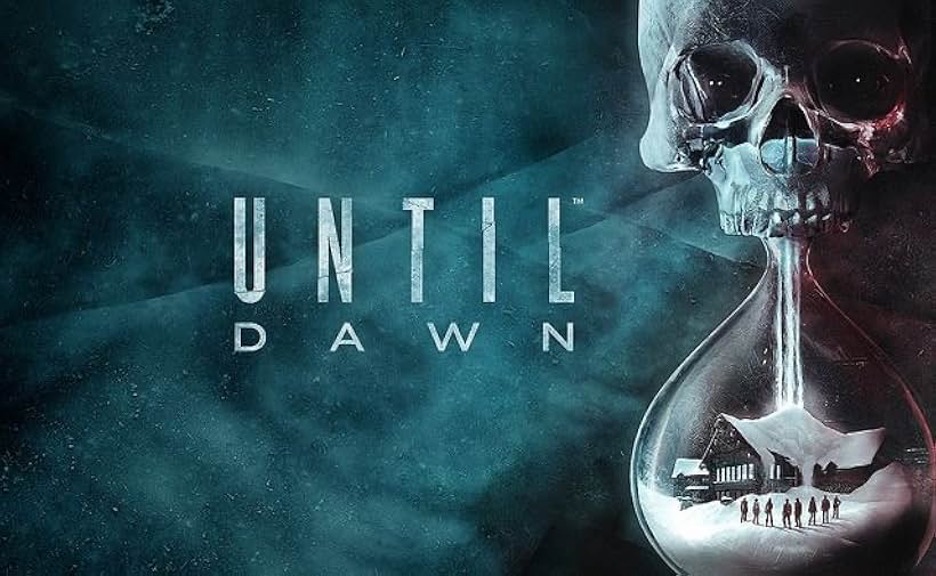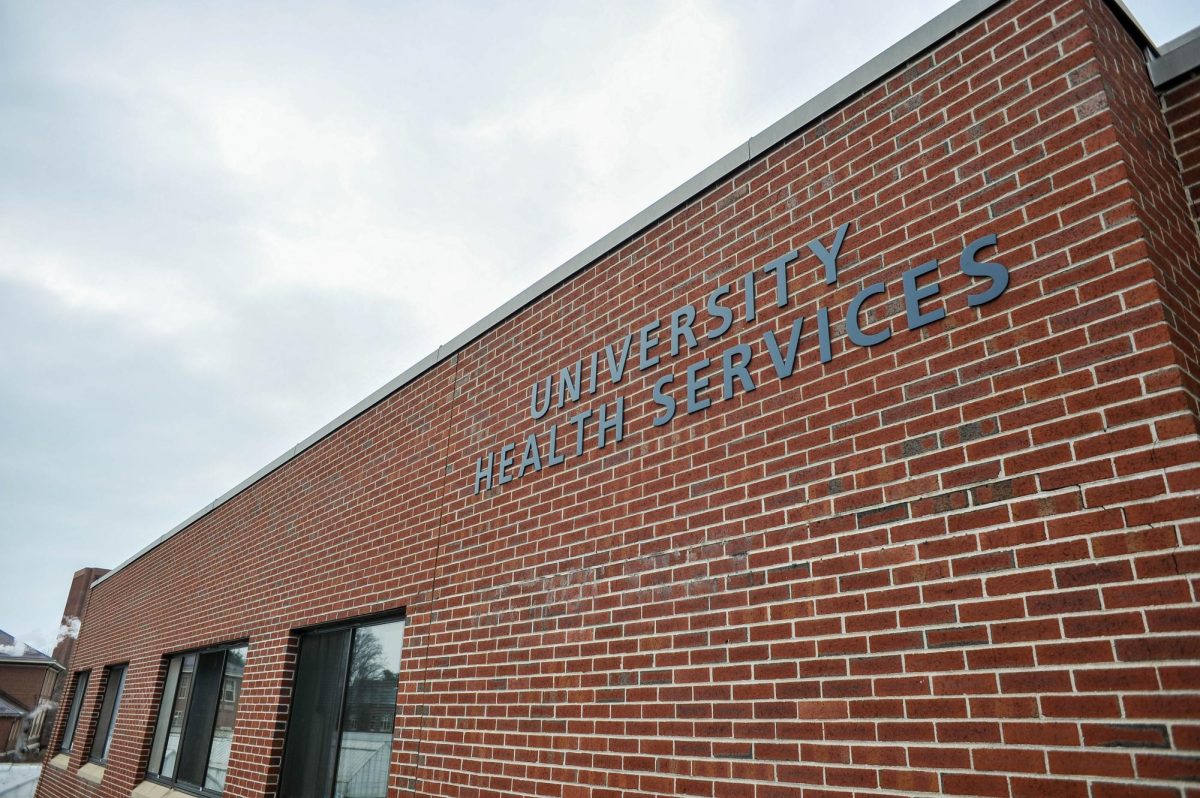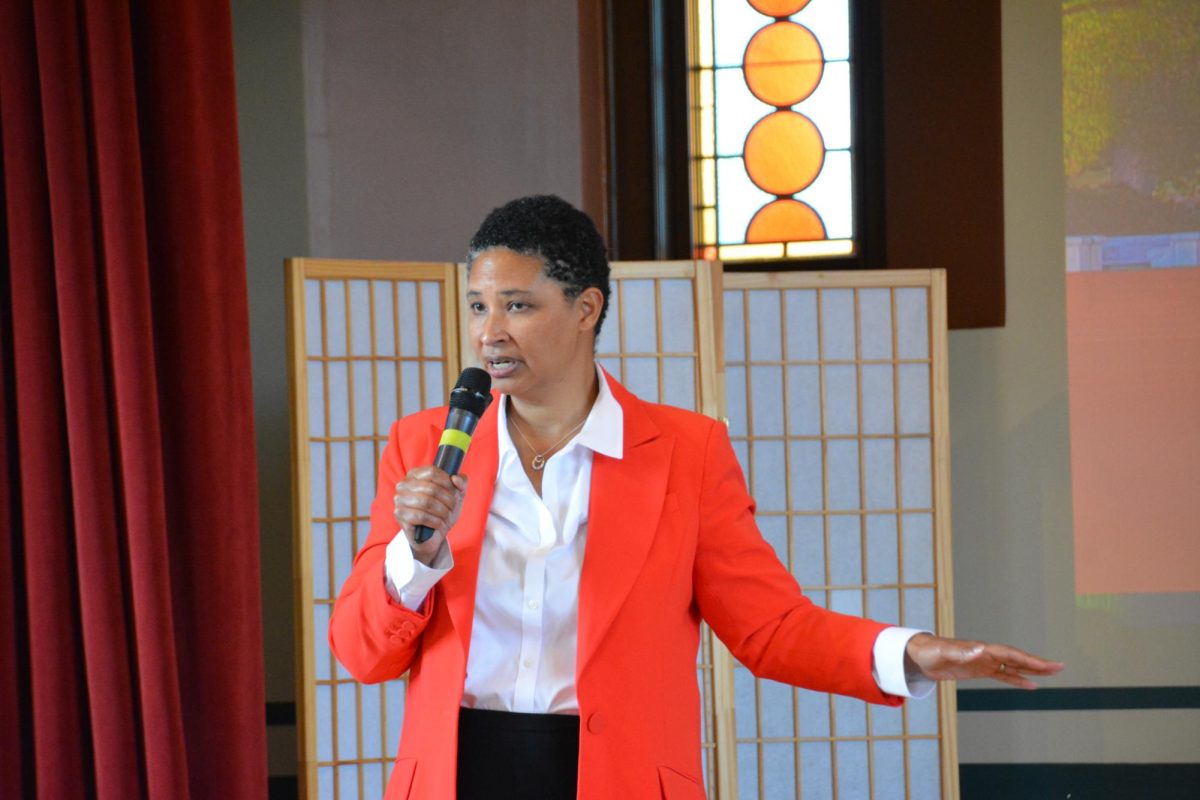The University Radical Student Union hosted a lecture by a guest professor on the lost history of anarchism at the Campus Center Wednesday afternoon.
Barry Pateman, who currently teaches at the University of California at Berkeley, is the co-editor at the Emma Goldman Papers and an archivist at the Kate Sharpley Library. He teaches the history of anarchism.
“If you think UC Berkeley is radical,” Pateman said laughing. “They’re not.”
Pateman does not claim to be an expert on the subject of anarchism, but instead sees himself as a just another part in the movement.
“I’m not an expert,” Pateman said. “Our job is to reintroduce to the world this lost part of history.”
He emphasized the need to acknowledge all exploits and efforts of people who were involved in the movements, independent of how large or popular the contribution was. He stressed not wanting to dismiss any attempt.
“It doesn’t matter if we agree with [the ideas] or not – how can we just forget about them,” Patemen asked. “What is important is that we look at those attempts.”
In attendance at the lecture were those merely interested in the subject of anarchism and those who were activists themselves. One individual asked a question concerning the history of anarchism having mainly a white demographic, making it almost a “white movement.” Others had questions of what anarchism actually was.
He explained that he did not have concrete answers or magical solutions to all the questions, did give his opinions but advised the audience to take his lecture as “tentative thoughts, not statements.”
“[The anarchist movement] is constantly moving,” Pateman said. “There are no fixed entities, but they are reactions learned from events.”
He cited numerous examples of works and thoughts from Emma Goldman, Alexander Berkman and others that contributed to the different schools of thought that have influenced activists of today.
Pateman said he wanted to put theories into practice in everyday life, similar to Goldman. He explained that Goldman “embraced everyone and not just one class.”
Goldman did not want to ignore the working class or the middle class, he explained, which she thought was where the real change came from.
“Where do our ideas come from,” Pateman questioned. “Is it from everyday experiences or just brilliant ideas from certain people?
“We cannot only listen to those who write or speak well,” Pateman said. “We have to break that and rescue the worker from condescension.”
Pateman wants to preserve the voices of the lost people and while presently working with his archives, he is currently looking for funds to make it possible for him to work on it.






